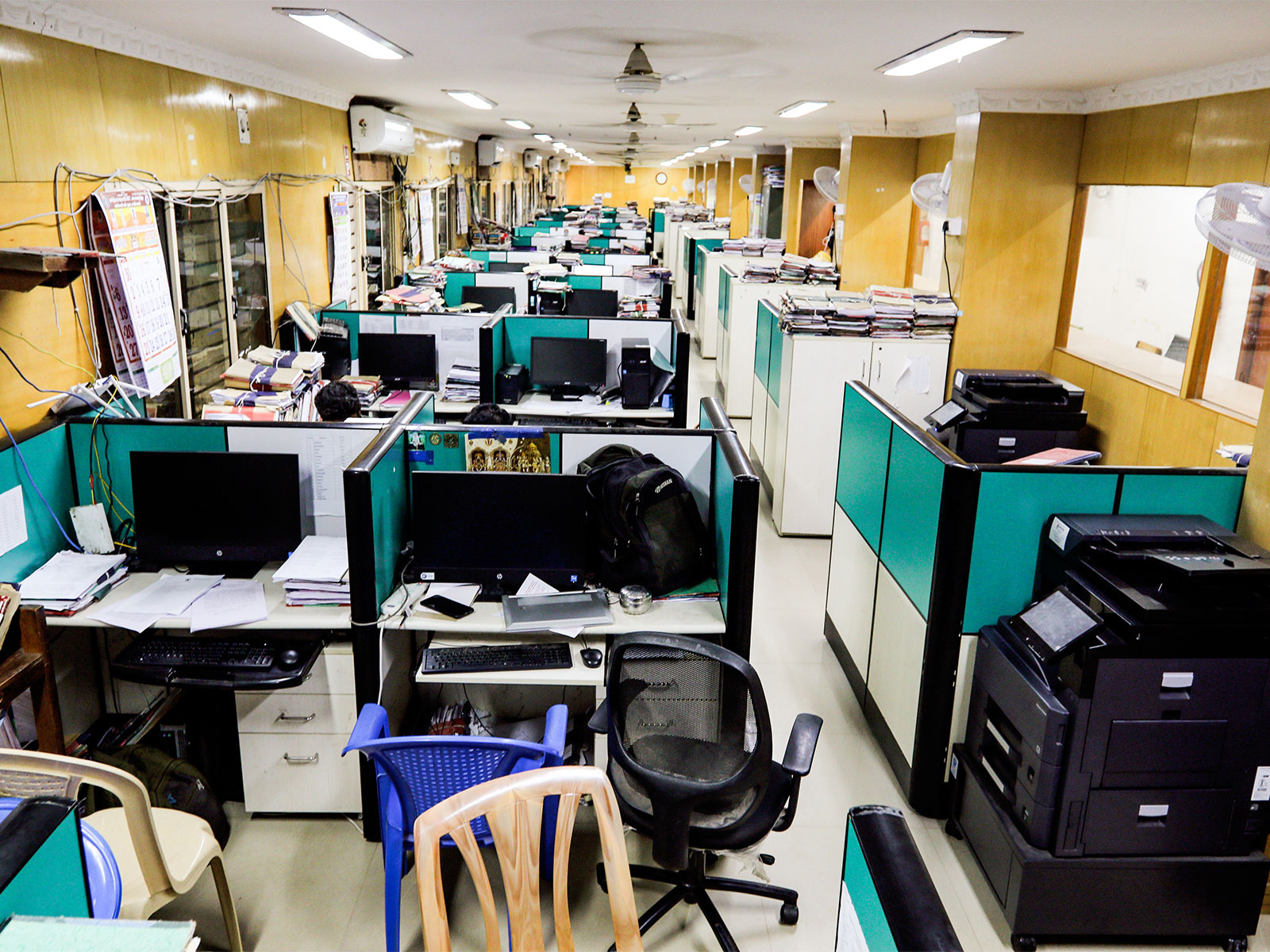MP to increase wages of skilled, unskilled workers by 25 per cent from April 1
Mar 12, 2024

Bhopal (Madhya Pradesh) [India], March 12 : In a decision aimed at bolstering the economic well-being of laborers across various sectors, Madhya Pradesh's Minister for Panchayat, Rural Development, and Labor, Prahlad Singh Patel, has announced an increase in wages for skilled and unskilled workers by 25 per cent.
Effective from April 1, this decision will impact workers in key sectors including agriculture, Beedi, and Incense (Agarbatti) industries in Madhya Pradesh (MP).
The announcement, made in alignment with Prime Minister Narendra Modi's vision of 'Sabka Saath, Sabka Vikas, Sabka Vishwas', and 'Sabka Prayas', underscores the government's commitment to inclusive growth and social justice.
Prahlad Singh Patel emphasized that this decision, which received unanimous approval during a cabinet meeting, signifies a landmark step forward in enhancing the prospects of laborers, particularly women who constitute a significant portion of the workforce in these sectors.
As per the directive issued by the Labor Department, minimum wage rates for various categories of workers will be raised by 25 per cent.
This adjustment will apply to unskilled, skilled, semi-skilled, and highly skilled workers, ensuring equitable benefits across the workforce.
Under the new minimum wage rates, unskilled workers will receive a minimum wage of Rs 9,575 per month, while semi-skilled workers will earn Rs 10,571 per month.
Skilled workers will see their minimum wage increase to Rs 12,294 per month, with highly skilled workers earning a minimum of Rs 13,919 per month.
Furthermore, agricultural workers will experience a significant wage hike, with their minimum wage rising to Rs 7,660 per month, marking a 25 per cent increase from the previous rates.
The adjustment in minimum wage rates has been calculated based on the Average All India Consumer Price Index (CPI) from January to June 2019, ensuring that workers' salaries are in line with prevailing economic conditions.
Additionally, variable dearness allowances will be announced bi-annually to further enhance workers' earnings in response to inflationary trends.



















